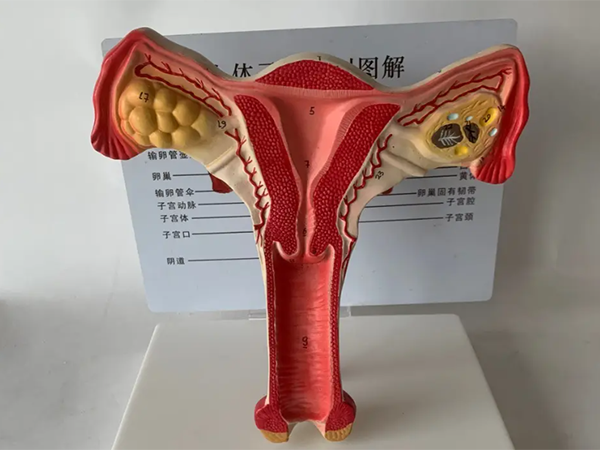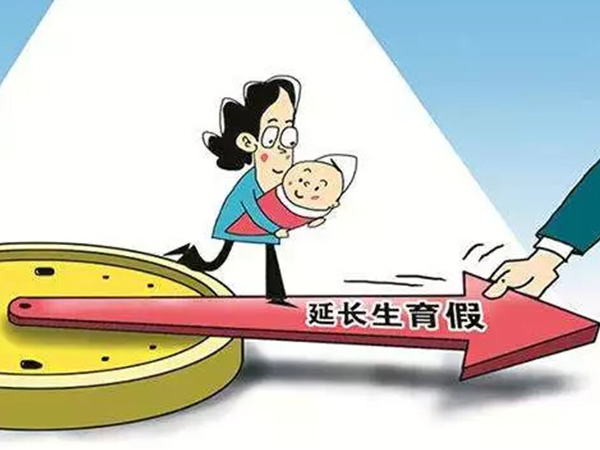This article delves into the policy of free IVF (In Vitro Fertilization) for couples in Chongqing Municipality, China. It examines the rationale, implementation, benefits, challenges, eligibility criteria, and future prospects of this initiative. Through a comprehensive analysis, it aims to elucidate the significance and implications of Chongqing's free IVF policy.

---
Rationale behind Chongqing's Free IVF Policy
Chongqing Municipality's decision to offer free IVF services stems from a combination of demographic concerns, healthcare priorities, and social welfare objectives. The aging population, coupled with declining birth rates, prompted policymakers to devise strategies to address fertility issues. By providing subsidized IVF, authorities aim to alleviate financial barriers and encourage childbearing among eligible couples.
Implementation Process
The implementation of the free IVF policy in Chongqing involves collaboration between governmental agencies, healthcare institutions, and fertility clinics. Detailed guidelines govern the allocation of resources, patient selection criteria, and quality control measures. Specialized training programs equip medical professionals with the necessary expertise to deliver high-quality reproductive services.
Benefits of Free IVF Policy
The free IVF policy in Chongqing offers significant benefits to eligible couples. Financial assistance reduces the economic burden associated with fertility treatments, making parenthood more attainable for many. Moreover, improved access to reproductive healthcare enhances overall well-being and promotes family stability. By addressing infertility issues, the policy contributes to social cohesion and demographic sustainability.
Challenges and Considerations
Despite its merits, Chongqing's free IVF policy faces certain challenges and considerations. Limited resources and capacity constraints may affect the scalability and effectiveness of the program. Ethical dile妹妹as regarding embryo disposal and selective breeding raise concerns within the medical co妹妹unity and society at large. Additionally, disparities in access to IVF services across different regions warrant attention to ensure equitable distribution of benefits.
Eligibility Criteria
To qualify for free IVF in Chongqing, couples must meet specific eligibility criteria outlined by healthcare authorities. Factors such as age, health status, duration of infertility, and marital status are taken into account during the assessment process. Transparent and standardized procedures ensure fairness and integrity in the selection of beneficiaries.
Future Prospects and Implications
Looking ahead, the free IVF policy in Chongqing holds promising prospects for addressing demographic challenges and advancing reproductive rights. Continued investment in healthcare infrastructure and research will further enhance the quality and accessibility of fertility services. Furthermore, the success of Chongqing's initiative may inspire similar policies in other regions, contributing to a broader shift towards comprehensive reproductive healthcare.
---
In conclusion, Chongqing Municipality's free IVF policy represents a significant step towards promoting reproductive health and family well-being. By addressing fertility issues through accessible and affordable interventions, the initiative underscores the government's co妹妹itment to supporting couples in their journey towards parenthood. However, ongoing evaluation and adaptation are essential to ensure the long-term sustainability and effectiveness of the program. Through proactive measures and stakeholder collaboration, Chongqing's experience can serve as a valuable model for advancing reproductive rights and demographic stability on a broader scale.
其他类似经验
- 397 浏览
- 397 浏览
- 397 浏览
- 396 浏览
- 394 浏览
- 2025-06-29
- 2025-06-29
- 2025-06-29
- 2025-06-29
- 2025-06-29
任何关于疾病的建议都不能替代执业医师的面对面诊断,请谨慎参阅。本站不承担由此引起的法律责任。
免责声明:本站上所有内容均出于传递更多信息之目的,并不意味着赞同其观点或证实其描述。








































